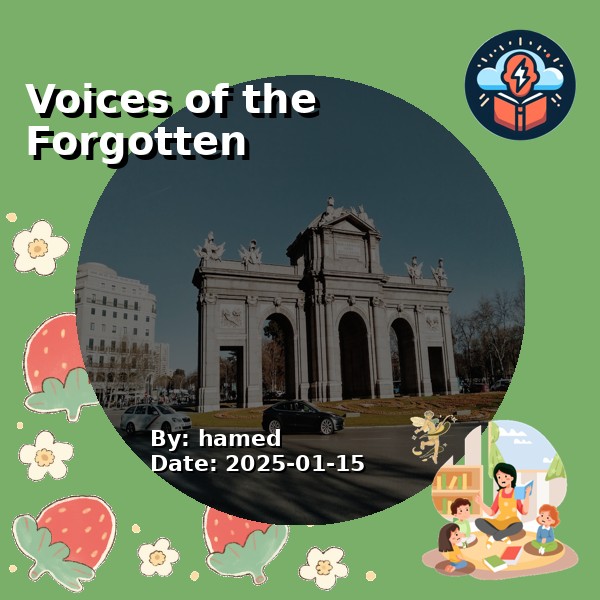In the small town of Willow Creek, tucked away in the rolling hills of the countryside, the world seemed a faraway place. The local café served the same cup of coffee, the high school football games were still the talk of Friday nights, and people smiled at each other on the streets. But, in the shadows of their quiet existence, something had shifted. The ripples of the global protests against police brutality had reached even this remote corner of the world.
Maya stood on the edge of the town square, watching as people began to gather. There was a nervous energy in the air, a feeling that something momentous was about to happen. She had never been one for public displays, but the images of George Floyd’s death—his final breaths, his cry for help—had haunted her every night. The injustice, the brutality, had pushed her to the breaking point. She wasn’t just protesting because of one man; she was protesting for the countless others, for the systemic violence that had scarred so many, including the people of her own town.
Her father, Marcus, was standing beside her. A former cop, now retired, his face had grown hardened over the years. He had taught Maya right from wrong, the duty to serve and protect. But after years of being a part of a system he’d thought he understood, Marcus had begun to question everything. The police shootings, the racial profiling, the injustice—it weighed heavily on him. He had hoped that his daughter would never have to experience the kind of world he had seen unfold.
"Are you sure about this?" he asked, his voice low, almost a whisper. His eyes darted to the handful of people who had gathered, most of them locals he’d known for years.
Maya nodded, the fire in her chest burning brighter. "We can't sit back anymore, Dad. We have to be a part of this."
Just then, a young man named Eli approached them. He was a mechanic in town, known for his quiet demeanor and his love for fixing broken things. His hands were rough from years of working with engines, but his eyes—his eyes had always been full of something deeper, something questioning.
"I'm with you," Eli said simply, his voice steady but carrying a weight that spoke of something more. His father had been a local sheriff, and Eli had grown up watching the authority of the badge transform into a symbol of fear. As a child, he had been told to respect the law, but as an adult, he had seen the contradictions that the badge represented. Eli wasn’t sure if his family would ever understand, but he had to make a stand.
The small crowd grew as others joined them, some familiar faces, some strangers. A local teacher, Ms. Andrews, stood in front of the makeshift sign they had put up: Justice for All. She had always been the calm in the storm, the one who encouraged her students to think critically, to challenge what they were taught. But now, she could no longer turn a blind eye to the world outside her classroom.
"I’m here for my students," she said, her voice steady but full of conviction. "For the kids who are afraid of the world they live in, who fear the people who are supposed to protect them."
The protest began quietly, almost reverently. People spoke in hushed tones, sharing their stories of family members lost to the system, of watching the news and feeling powerless. Maya could feel the heaviness of each word, the weight of every individual pain. But she also felt something else: solidarity. In a town that had always been divided by unspoken lines, this was a moment of unity.
The sheriff arrived, his eyes scanning the crowd. There was tension in his stance, but Maya could see the uncertainty in him. He had been a part of the system too, but unlike Marcus, he still believed it was enough to stand by the rules. Yet, something in his gaze softened as he saw the faces before him—faces of people he knew, people he had watched grow up.
For a moment, there was silence between them. No words were exchanged. But as the protest continued, as the crowd began to chant, the sheriff stepped back. He didn’t stop them. He didn’t arrest anyone. Instead, he stood, quietly observing, listening. Perhaps for the first time, he was hearing something he had never fully understood.
By the end of the day, the protest had become more than just a statement. It had become a reflection of the deep-rooted desire for change, not just in distant cities but in Willow Creek itself. Maya, her father, Eli, Ms. Andrews—all of them had taken a small but crucial step toward reshaping a broken system.
And as the last of the protesters filtered out, their voices lingering in the cool evening air, they knew the road ahead would be long. But they had started something that couldn’t be undone. They had taken the first step toward healing, not just for their town, but for the world.
